
Has it been a while since your last oil change in Hays County, TX? If so, your car might be dealing with problems, such as rough idling or reduced fuel economy. But these signs aren’t the only way to tell you’re overdue for an oil change — you may also notice an active oil change…
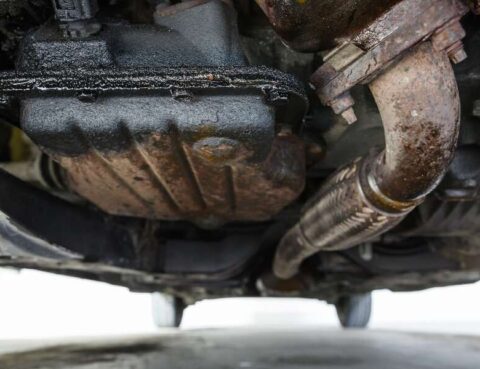
It’s no secret that motor oil can protect your vehicle’s engine from overheating. Even so, it’s easy to underestimate the role oil plays in controlling engine heat — this fluid is responsible for up to 40% of all engine cooling. But since your oil will eventually degrade, you can’t afford to rely on the same…

As most local drivers already know, waiting too long between one oil change in Hays County, TX, and the next can cause problems for your vehicle. But even if you haven’t noticed any obvious red flags, it still might be time for oil change service. No matter how smoothly your car seems to be running,…
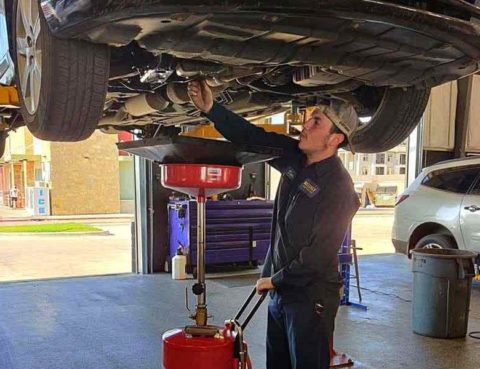
Ensure Your Engine Will Thrive With Quality Oil Change Services Most drivers have heard of oil change service, and they understand it’s required to change their oil every few thousand miles. However, not many drivers understand why an oil change is performed, nor do they understand how often they’re supposed to receive an oil change,…
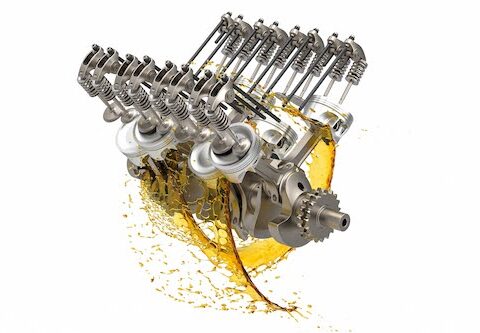
Protect Your Engine at Reliable Automotive Your oil plays a vital role in how your engine operates. It’s also responsible for cooling, cleaning, and lubricating many moving components that live inside of your engine. Without enough oil to lubricate these vital parts, your engine will surely self-destruct, which could lead to thousands of dollars in…

Is your new or certified pre-owned car still under a dealership warranty? If so, you’re in luck — you shouldn’t have to worry about the cost of repairing it for a while. But if you don’t take care of your vehicle’s maintenance needs, you could end up voiding this warranty on accident. Taking automotive maintenance…
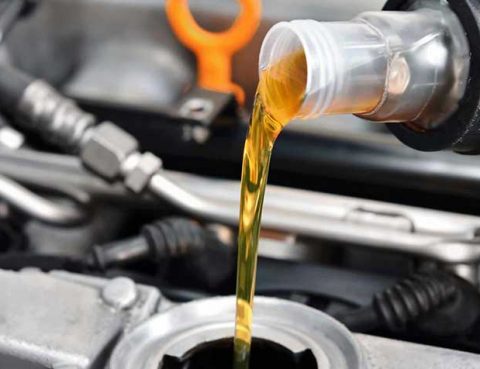
If your car was manufactured after the mid-1970s, it almost certainly comes with a catalytic converter. This exhaust system component, which is responsible for taking combustion gasses from your engine and turning them into less dangerous emissions, has been required on every new car sold in the U.S. since 1975. But like any other auto…
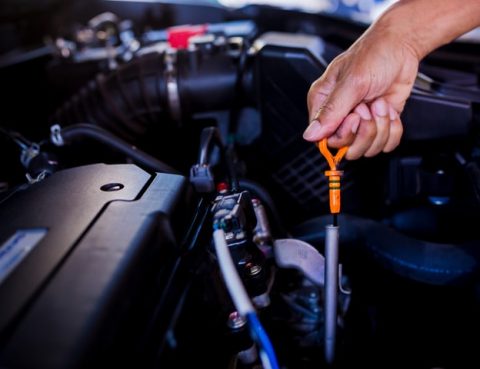
Oil changes aren’t the only service your vehicle will need throughout its lifespan. But if you neglect this task, no other form of maintenance will be enough to keep your vehicle running as it should. Your car’s engine depends on motor oil to lubricate its moving parts, keep heat under control, prevent contaminants like dirt…

Motor Oil Optimizes Engine Performance and Longevity It’s a fact of life — whenever you drive your car, its engine will have to handle a certain amount of stress. While you can’t change that situation, there are a few ways to minimize the stress your engine will be subjected to. Because of this, it’s wise…

It’s a fact of life: Motor oil breaks down over time, and you’ll occasionally need to replace this fluid as a result. The good news is that prioritizing oil changes can improve your vehicle’s performance, help you spend less on fuel, and even extend your engine’s life span. Even so, you might not have spent…

Keep Your Vehicle Reliable An oil change is one of the most essential maintenance services that you can perform on your vehicle, and it plays a key role in determining the longevity of your engine. However, the type of oil that your engine uses is also crucial. Many drivers will automatically choose conventional oil because…

Is Your Car Telling You It’s Time for an Oil Change? Your engine oil is the lifeblood of your vehicle. Without motor oil, the many moving parts inside your engine would overheat, bend out of shape, and cause your engine to effectively seize. Making the costly mistake of not performing a timely oil change can…
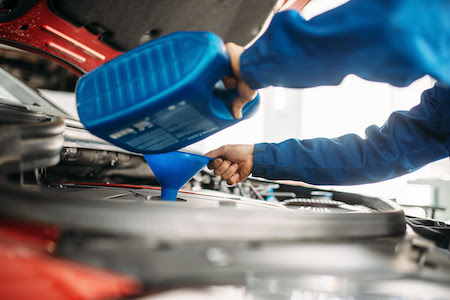
Choosing the right oil is crucial when it comes to maintaining your car’s engine. With a wide variety of options available on the market, it can feel overwhelming to try and select the best engine oil that suits both your vehicle and driving habits. But, with a little more knowledge, it can be much easier…

Regular auto maintenance is a big part of being a responsible driver, and few maintenance services are more crucial than an oil change. You’ll want to consider how often you need an oil change to get the most out of this service. If you wait too long between your next oil change service, your car…

Performing a DIY oil change is very tempting for many drivers. Yes, technically, you could change your vehicle’s engine oil on your own. Generally speaking, it’s a pretty easy and straightforward preventative maintenance task. But should you do it yourself? That’s the real question. In this article, we’ve broken down exactly why changing your own…

Following your vehicle’s recommended preventative maintenance routine is critical. Doing so will help keep it running at its best while also helping to extend its lifespan as long as possible. Professional oil change service is one key part of this preventative maintenance. This service is the easiest, most effective, and least expensive way to ensure that your vehicle’s engine stays clean, protected, and running optimally.
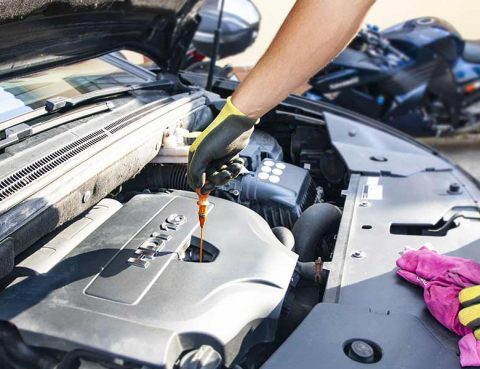
To keep your vehicle running at its best for as long as possible, you have to keep up with its recommended preventative maintenance routine. This includes bringing it in for routine oil change service. This service is the easiest and most affordable way to help ensure that your vehicle runs optimally. A professional oil change…

Ever wonder how often you should be having your car’s oil changed? Or if it really matters? Maybe you think you can save some money in the long run by not taking it in for its oil changes as often. Who knows, you might even be able to squeeze an extra thousand miles out of…

Regular oil changes help keep your vehicle on the road. Our Kyle TX oil change experts share what you need to know about this important service.

Keep your vehicle running with the best oil change service in Buda. Reliable Auto’s offers online appointment scheduling and free shuttle service.






